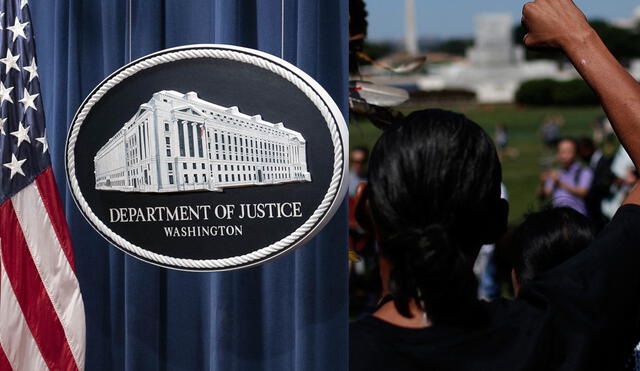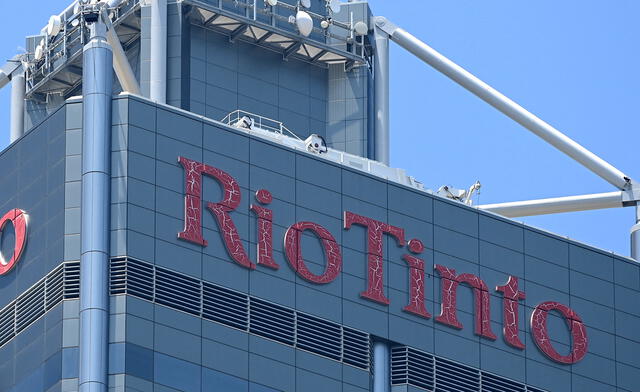Supreme Court denies Native American religious claim on a copper mine
Apache Stronghold warned that the destruction of Oak Flat would violate its religious rights under the First Amendment and the Religious Freedom Restoration Act.

The Supreme Court on Tuesday denies the latest plea from Native Americans against a massive copper mining project in Arizona. The project would destroy a sacred site used for tribal ceremonies. The non-profit group Apache Stronghold presented an appeal that was rejected by the court. The appeal said that religious rights will be violated if the project goes forward due to the destruction of Oak Flat.
"Oak Flat lies within the tribe's ancestral territory and is central to traditional Apache religion as the home of Apache deities and the only place where Apaches can practice unique ceremonies" wrote by lawyers of the San Carlos Apache Tribe to the court papers supporting the appeal.
Apache Stronghold v. The United States
Apache Stronghold has been fighting for years to stop the transfer of Tonto National Forest land, known as Oak Flat, to the mining company. The non-profit group, and its supporters, affirms that their religious rights are being violated under the Constitution's First Amendment and a federal law called the Religious Freedom Restoration.
However, in 2014, a law approved by the Congress transfer the Oak Flat to Resolution Copper, a joint enterprise between Rio Tinto and BHP. According to them in a statement, an "extensive consultation" with native tribes has already changed significantly the project.

Rio Tinto headquarters, one of the companies that are part of Ressolution Copper, the mining in charge of Oak Flat. Photo: AFP News
Historical antecedents on Oak Flat
According to an historical treaty between Apache chiefs and the United States, the last ones took control of the land. In 1852, Apache chiefs pledged to protect tribal interests. But, as we see, in 2014 the land was in order to transfer to the mining company. This represents a government failed to live up to its obligations.
Apache Stronghold had strong backing, including legal organizations that had won previous Supreme Court victories representing conservative Christians, such as the religious rights advocacy group Becket. Various religious groups, such as the Presbyterian Church and the Episcopal Church, filed papers asking the Supreme Court to take the case.













